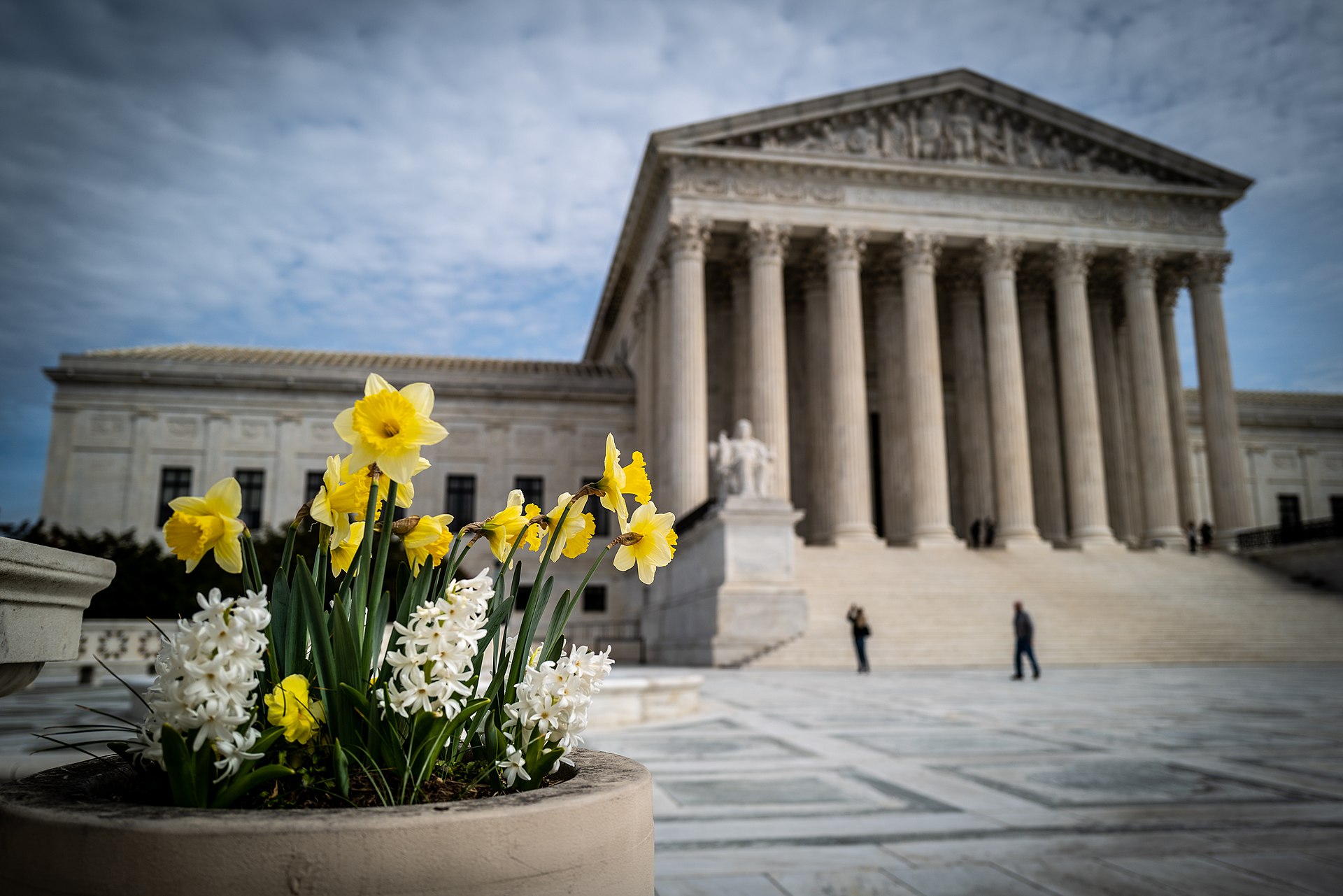The Supreme Court of the United States (SCOTUS) issued opinions in two cases this week. One case, Niz-Chavez v. Garland, was argued before the court on Nov. 9. The case Alaska v. Wright was decided without argument.
Alaska v. Wright originated from the U.S. Court of Appeals for the 9th Circuit. In 2009, Sean Wright was convicted of 13 counts of sexual abuse of a minor in an Alaska state court. Wright finished serving his sentence in 2016 and then moved to Tennessee. In Tennessee, Wright did not register as a sex offender, which is required by federal law. He pled guilty to one count of failing to register and filed a petition for a writ of habeas corpus with the U.S. District Court for the District of Alaska. Wright argued that the state court had acted unconstitutionally in affirming his conviction and sentencing. The District of Alaska denied the motion since Wright’s sentence had expired and he was no longer in state custody. On appeal, the U.S. Court of Appeals for the 9th Circuit reversed, holding that Wright could challenge his state conviction even if he’d completed the sentence.
On April 26, SCOTUS issued a unanimous per curiam ruling in the case, vacating the 9th Circuit’s ruling and remanding the case for further proceedings. Per curiam opinions are unsigned and are delivered by the court as a whole.
Niz-Chavez v. Garland originated from the U.S. Court of Appeals for the 6th Circuit and concerned the government’s ability to serve a Notice to Appear to a non-citizen, and the immigration stop-time rule. The stop-time rule is when a non-citizen’s accrual of continuous residence ends when that person is served with a notice to appear. The question presented to the Supreme Court asked whether the government must provide the time and place of deportation hearings in a single Notice to Appear document to trigger the stop-time rule, or whether the government can trigger the rule by providing the information in multiple documents.
In a 6-3 ruling, SCOTUS reversed the 6th Circuit’s decision, holding that a Notice to Appear that is sufficient to trigger the stop-time rule is a single document containing all of the information about an individual’s removal hearing specified in §1229(a)(1). Justice Neil Gorsuch delivered the majority opinion of the court. To date, Justice Gorsuch has authored two majority opinions this term. Justice Brett Kavanaugh filed a dissenting opinion, joined by Chief Justice John Roberts and Justice Samuel Alito. This was Kavanaugh’s first dissent this term.
To date, SCOTUS has issued 32 opinions this term. Seven cases were decided without argument.


